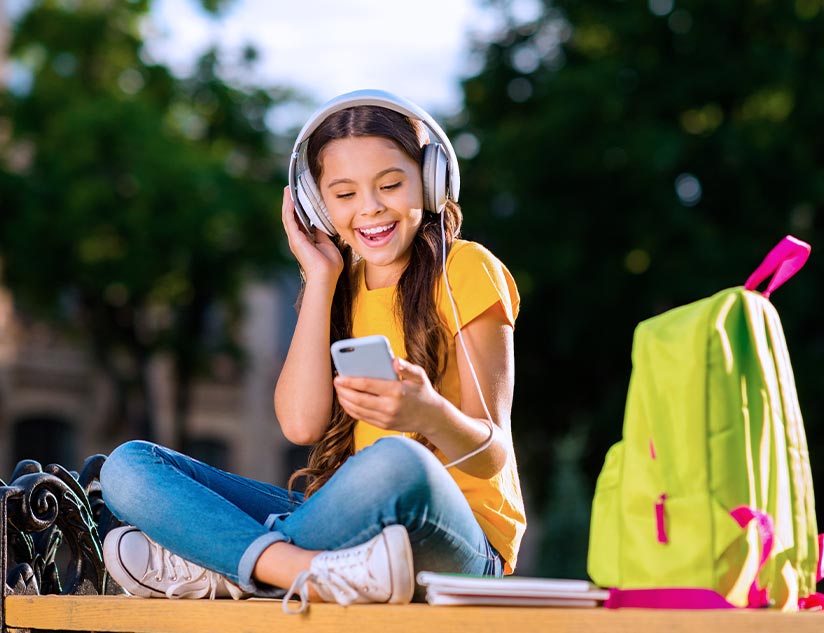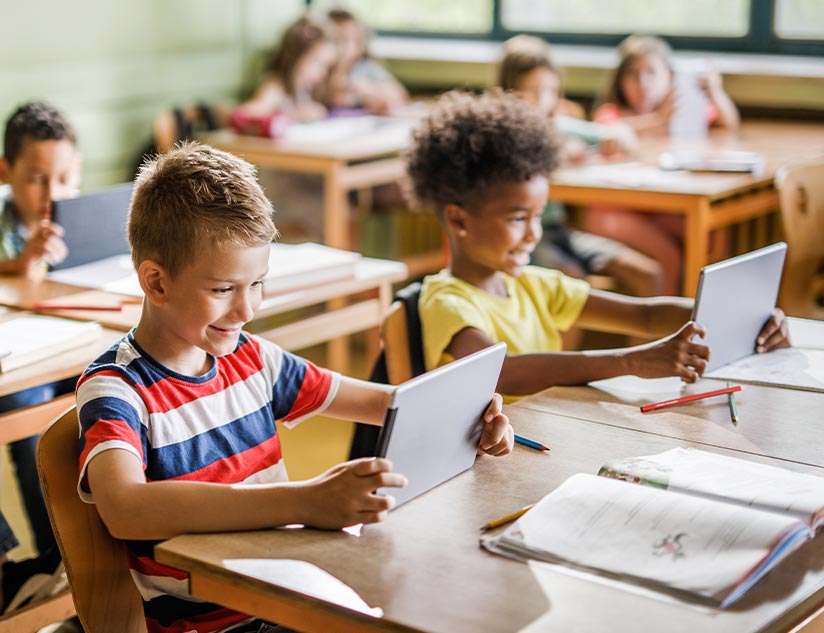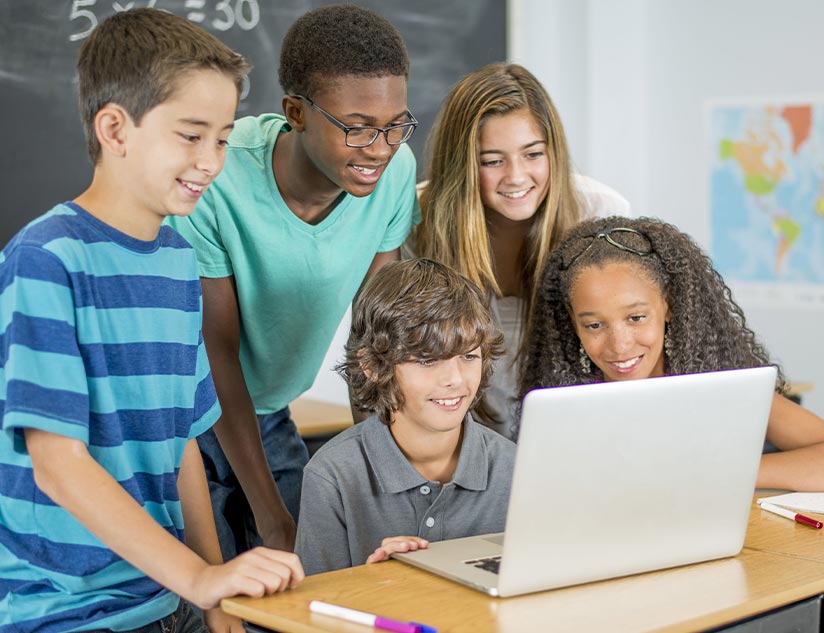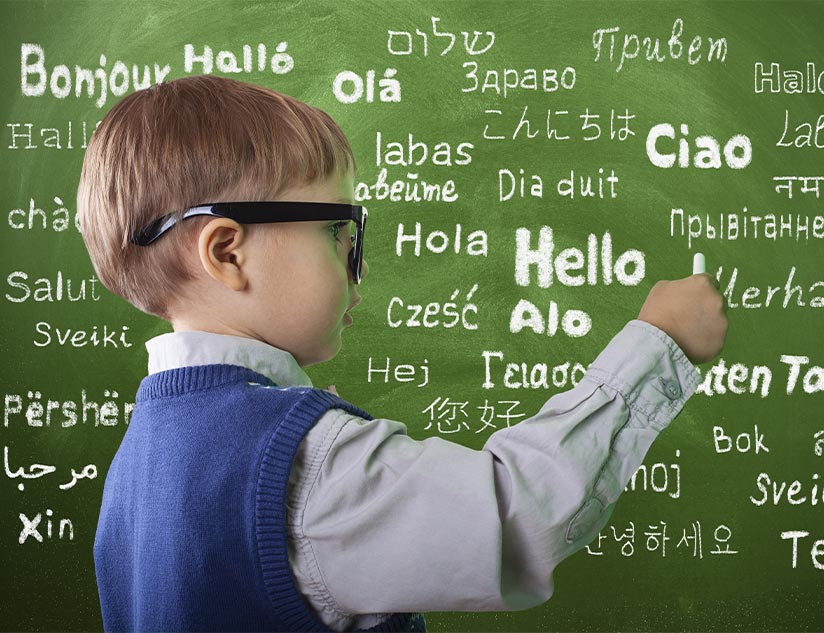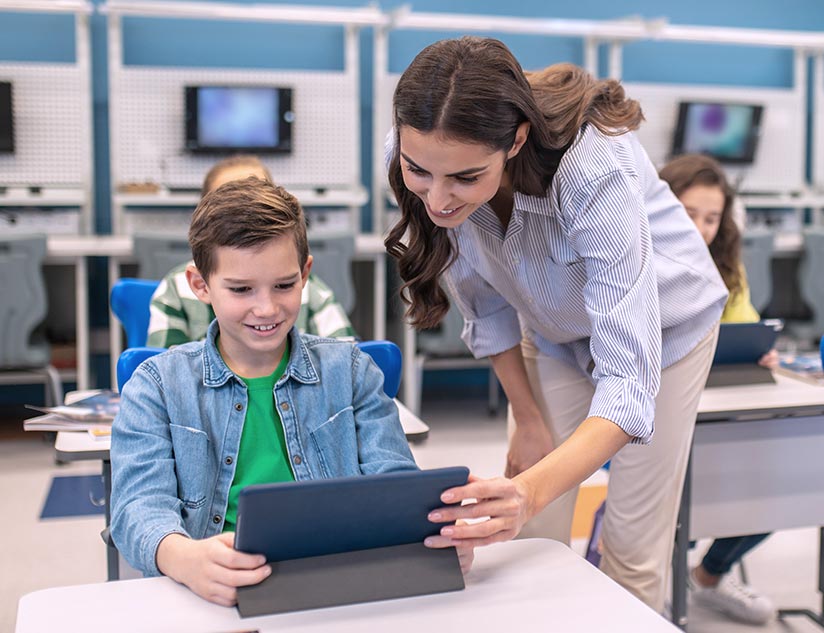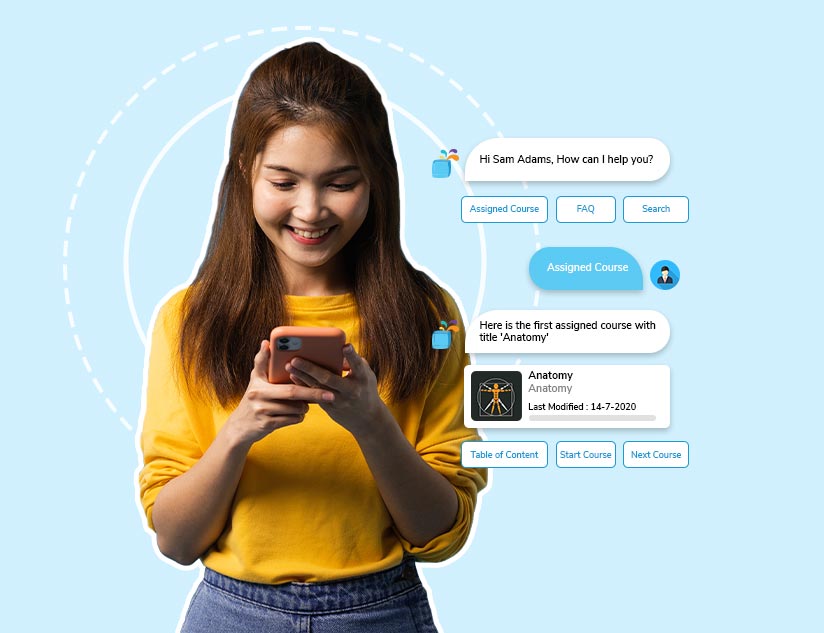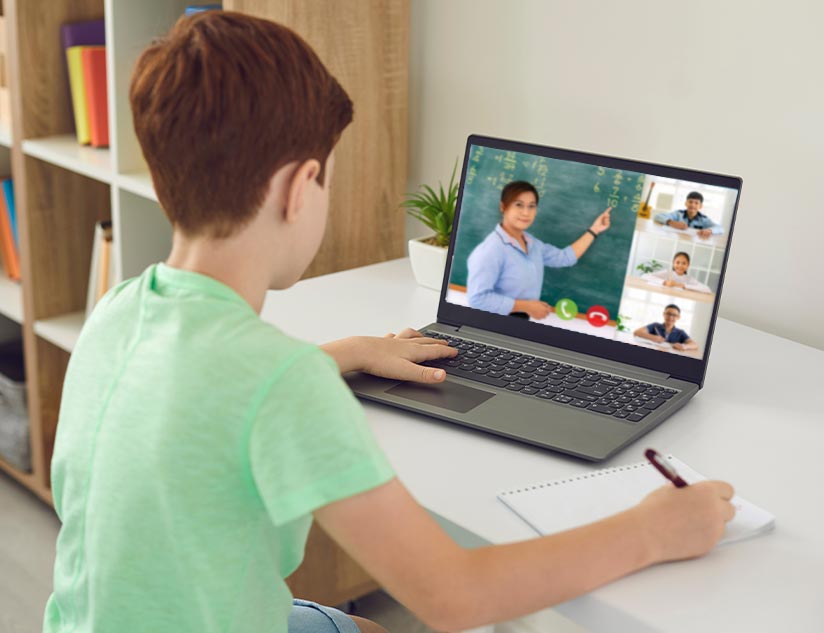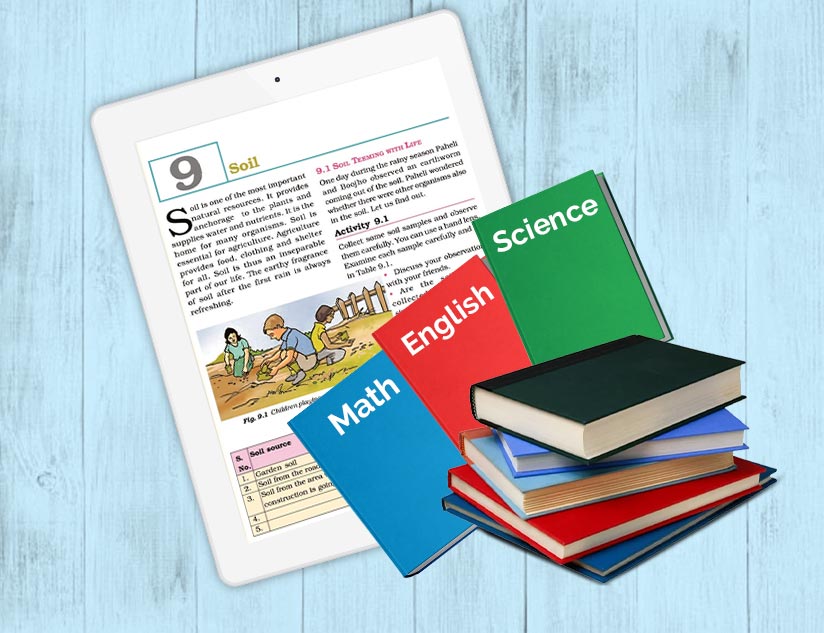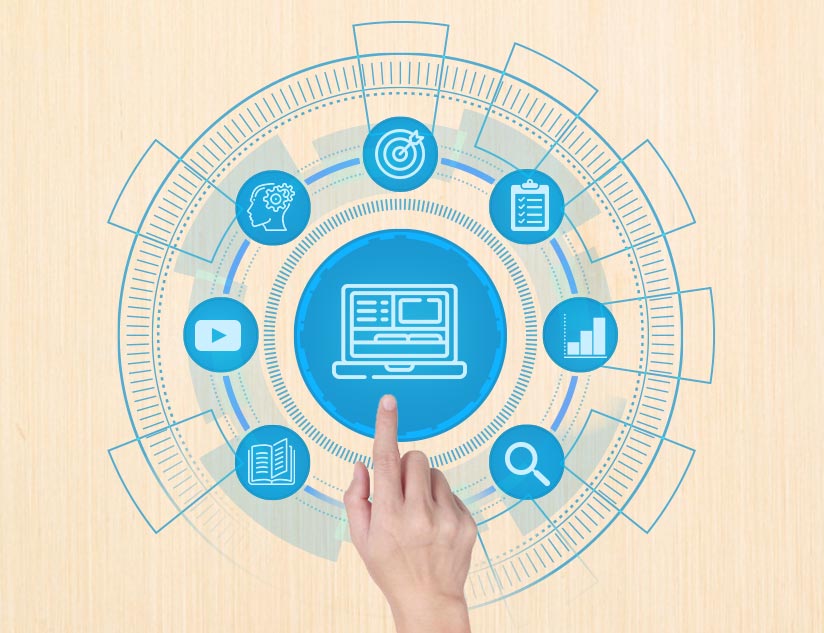Trends That Will Guide Education in 2021
December 30th, 2020
The idea of compulsory education first developed in Europe and then spread to the rest of the world between the 16th and 19th centuries. But education as we know it today, came into existence only in the 19th and 20th centuries. At this time, the curriculum expanded, the method became more humane, the number of compulsory schooling hours increased, knowledge expanded to incorporate a growing list of subjects, and courses became more secular.
But even after all these changes had taken place, the evolution of education did not stop. In fact, the first two decades of the 21st century might have experienced more changes in education methods and techniques than the entire 20th century. This has largely been because of the eLearning revolution.
Educational transformation is expected to continue in 2021, with most of the trends being propelled by digital technologies. The changes that the pandemic brought about in the educational system is likely to gather steam and make a permanent place in learning. So, here are some of the main trends expected to guide education in 2021.
Personalized Learning
Personalization of education is not entirely a new concept. It is believed to have emerged in the 20th century, when educational psychologist Benjamin Bloom found that students who were given personalized education performed better than those who were not provided such lessons. But the concept didn’t receive the recognition it deserved until very recently. This was perhaps because of the lack of sufficient technology for the efficient implementation of personalized learning.
With the right EdTech tools, students are placed at the center of the learning experience. Research has shown that this approach can considerably improve academic outcomes. In a study, mathematics and reading scores of over 5,000 students were analyzed for a complete academic year. It was found that with personalized learning, the reading and mathematics score increased by 2 points. It was also helpful for students with special needs, since it allowed self-paced learning.
Personalized learning requires detailed analytics and reporting about student learning behavior, preferences and performance. This can then be utilized to create a better learning path.
Micro-Learning Methodologies
The short attention span of today’s students is one of the major challenges faced by educators. In a study, it was found that the attention span of students can vary from 3-4 minutes to 10-18 minutes. But the lessons in modern classrooms can last up to 60 minutes at a time. This means that many students might fail to absorb all that is taught in the classroom.
Nano learning and micro learning can be extremely beneficial in such scenarios. This involves dividing the lessons into bite-sized pieces. This ensures that the learners are engaged for longer and retain information better. Audio, videos, and interactive content can be used in these lessons to make the information even more attractive for students.
Use of Formative Assessments
The days of summative assessments being the only option to evaluate student understanding are slowly receding. Instead, formative assessments are being widely used. Formative assessments help check the learning outcomes throughout the process, instead of just grading at the end of the term. This type of assessment has been found to support student achievement and motivation.
Formative assessments can tell what improvements the lesson structure and course content require as well. They also provide a voice to the students. With the help of small questionnaires at the end, students can tell whether they were satisfied or dissatisfied with the lessons.
Gamification
Games and education might seem contradictory to some people. But gamification in education has also been gaining serious momentum in the past few years. Gamification is being used to make even the most dreaded subjects, fun and engaging for students. Games improve the attention span of students, provide better motivation, and improve engagement. In fact, for 67% of the students, courses with gaming elements are more motivating than traditional courses. This helps in improving the overall learning outcomes.
Apart from these, education in 2021 is also expected to have more immersive lessons, higher use of video technology, and better use of analytics. But to include all these learning technologies and trends in education, you need a powerful EdTech platform, such as MagicBoxTM. MagicBoxTM is an award-winning, cloud based, end-to-end educational publishing and distribution platform that comes with rich features for educators, educational publishers and students. To know more about how MagicBoxTM can help you, contact us.


